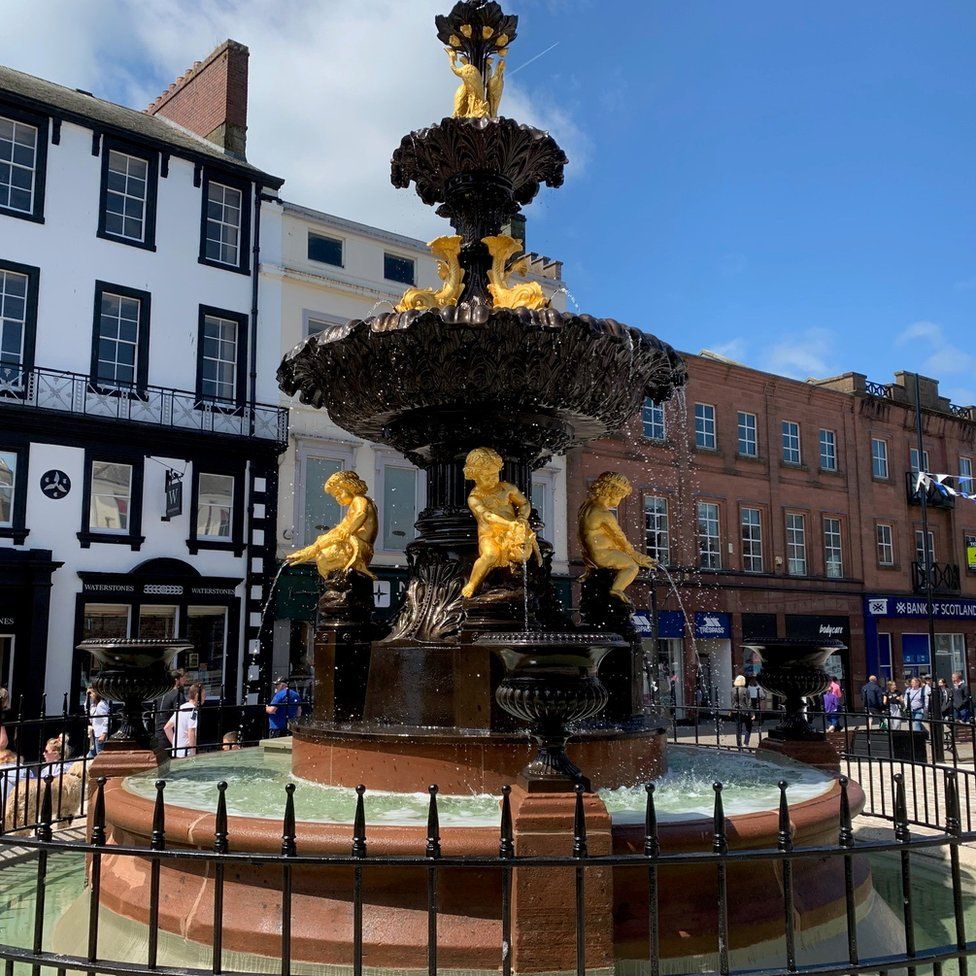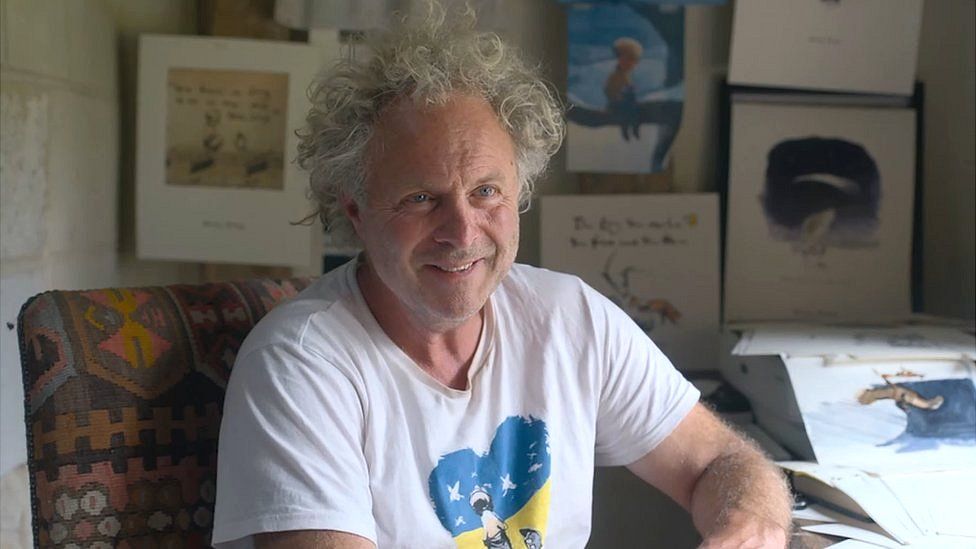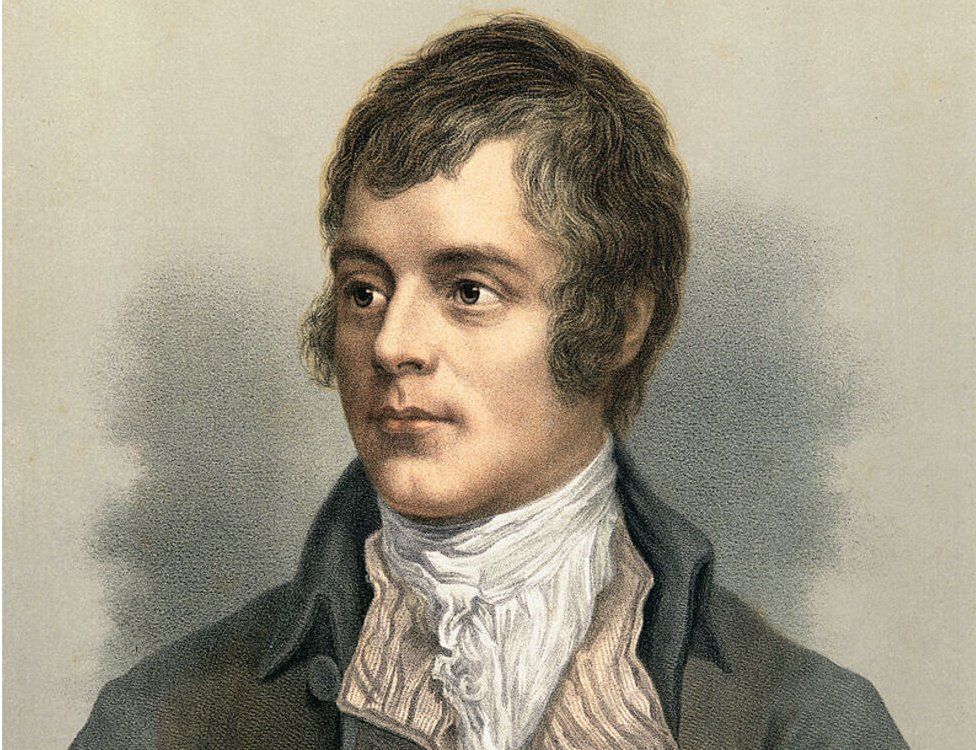For roughly 140 years, it has occupied a central location in Dumfries.
Its "jewel in the crown," the town center fountain, had fallen on hard times and appeared to be past its prime.
It has since been upgraded, disassembled, temporarily relocated, and restored to its former glory.
For the person who started it all, local artist Kirsten Scott, and everyone else involved, it has been somewhat of a labor of love.
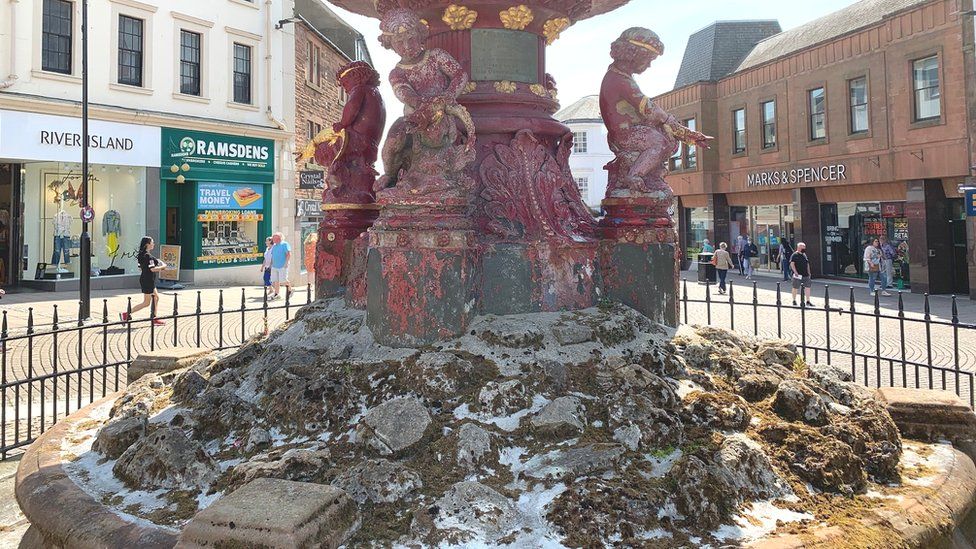
She explained, "As someone who restores furniture and does interior design, I felt that I could lend my skills to perhaps 'tarting up' the fountain.
"I quickly realized that there is a lot more to historic cast iron restoration than first appears, and it started to get really involved. ".
After she approached the local artists' group The Stove, Dumfries and Galloway Council supported the idea.
It turned into a little bit of an obsession, Kirsten admitted.
"It took nearly seven years to get here, so it has been a lot of work, but it has been well worth it when you see it the way it is now. ".

Her investigation revealed that the fountain was one of six comparable ones produced at the Glasgow Sun Foundry.
They visited locations all over the world, including Australia, Ireland, and the Channel Islands, but Kandy, Sri Lanka, has the water feature that bears the most striking resemblance to the one in Dumfries.
The restoration of cast-iron fountains in the Princes Street Gardens of Edinburgh, Paisley, and Stirling was a project that Kirsten learned from.
At that point, the work of repairs experts Lost Art was essential to help restore all the intricate features on the structure.
Kirsten exclaimed, "I am ecstatic with it.
We were able to develop a very clear picture of how it should be restored, and I found the entire process to be very fascinating.
"As a decorative structure, it is lovely, and the detail is now clearly visible after all the previous paint layers have been removed and the cast iron has been restored before being recoated. ".
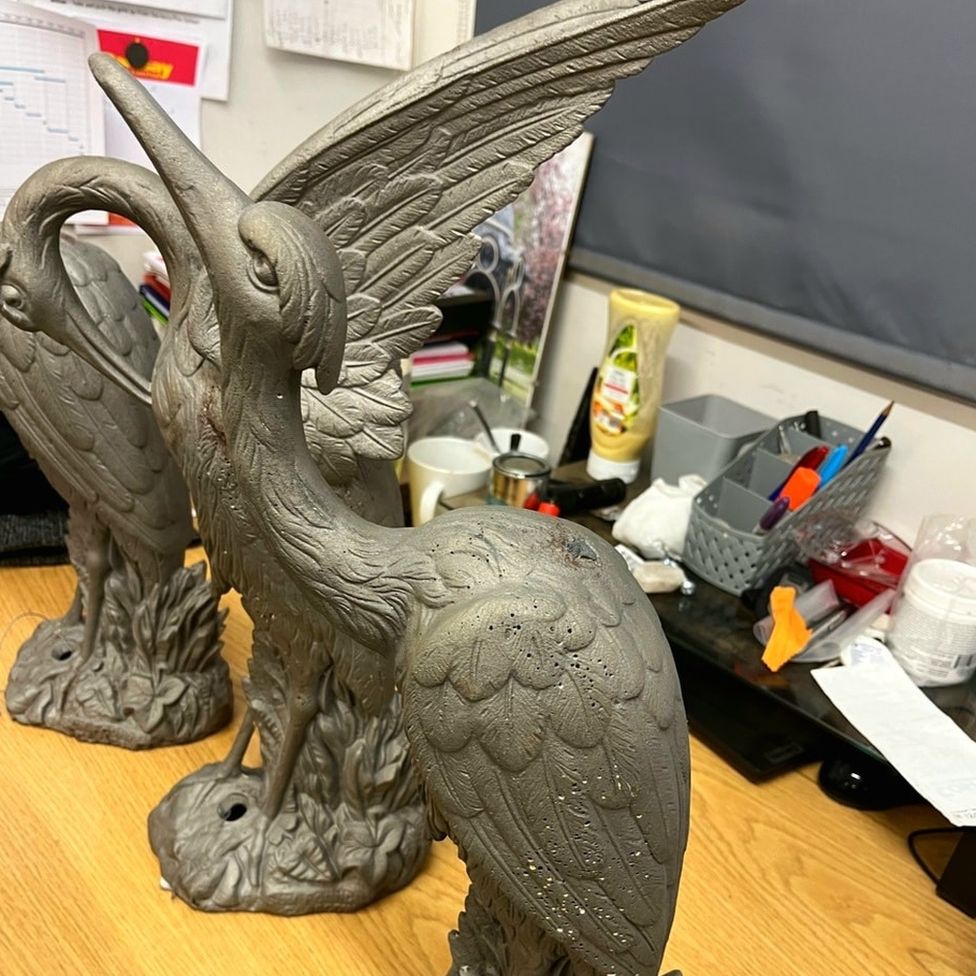
In 1851, a fountain was first built there to mark the introduction of clean water into the town as a result of cholera epidemics in the 1830s and 1840s.
The current building took its place in 1882.
The restoration plan implemented in the wake of the Covid pandemic, in Kirsten's opinion, has similarities.
She said, "I think it's a good reminder to be thankful for what we have right now.
"It will undoubtedly enliven the High Street's lower end, in my opinion.
It will be a place you want to sit and have your picture taken as well as just to relax and listen to the sound of the water. ".
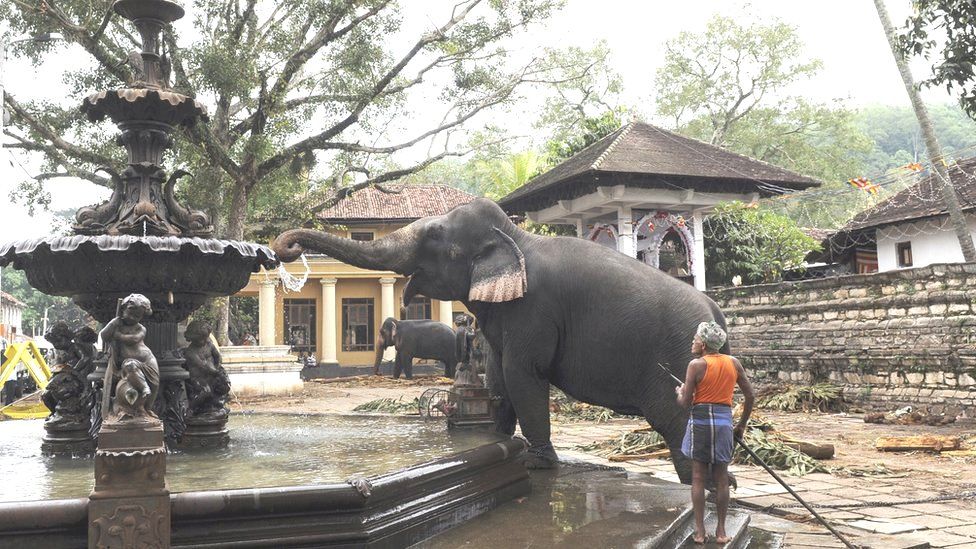
Not everyone has been supportive of the project; some have questioned the wisdom of spending hundreds of thousands of pounds on the fountain.
At the end of the day, you can't please everyone, Kirsten said.
"There have been times when it's been really difficult because there have been a lot of really nasty comments made on social media, and there have been a few instances when I've wanted to quit.
"Now I'm so glad I didn't. ".
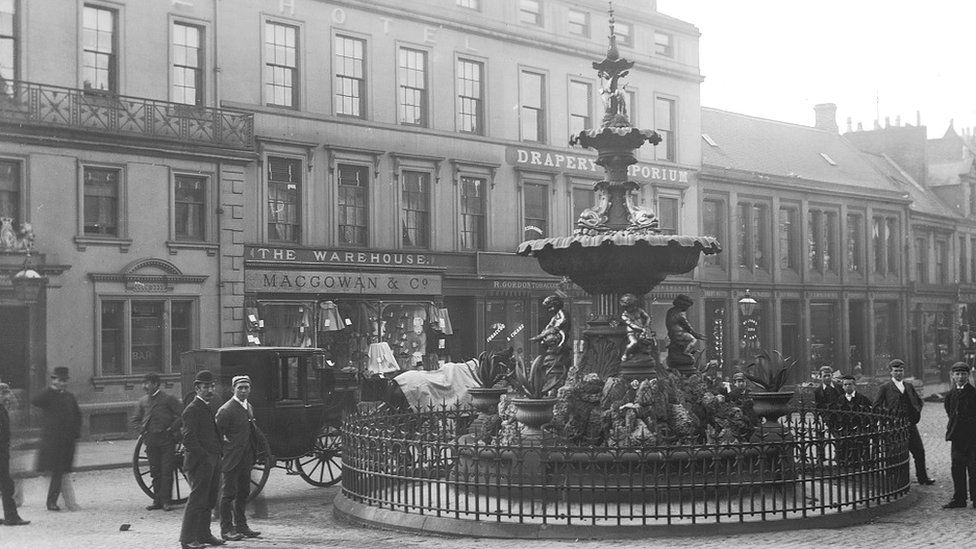
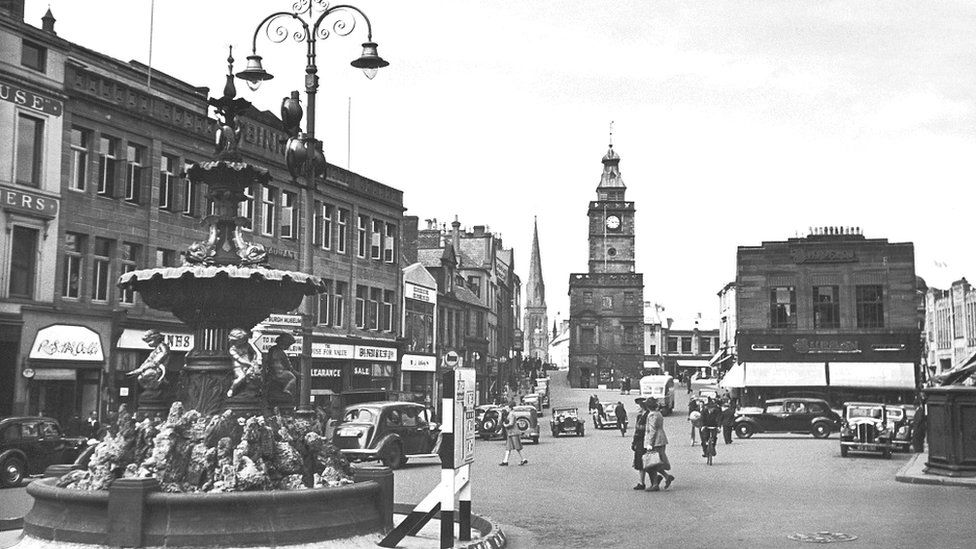
According to her, any criticism was worth it if it could serve as a source of civic pride and help spark broader regeneration in the town.
I simply saw a problem and wanted to solve it, she explained.
It doesn't really matter what they say now because the fountain will outlive us all. ".
The freshly restored fountain is already operational once more, but on June 23 between 12:00 and 14:00, a ceremonial switch-on will formally introduce it to the general public.
Copyright protection applies to all pictures.

